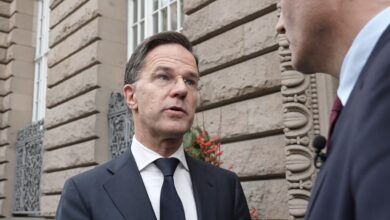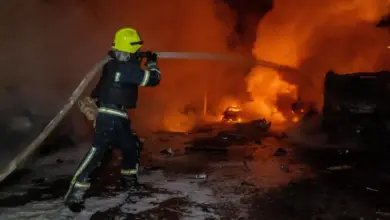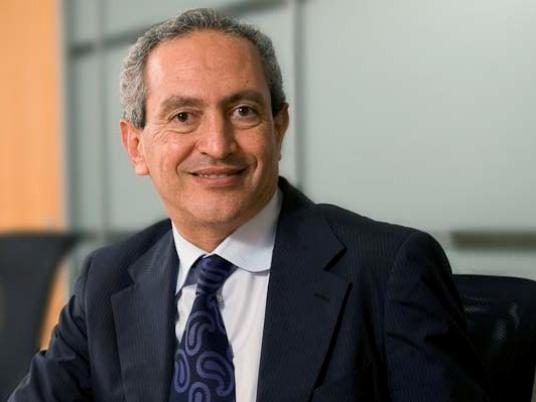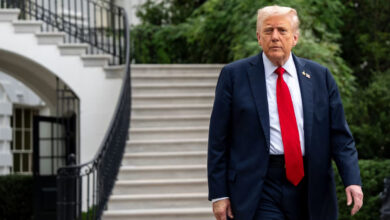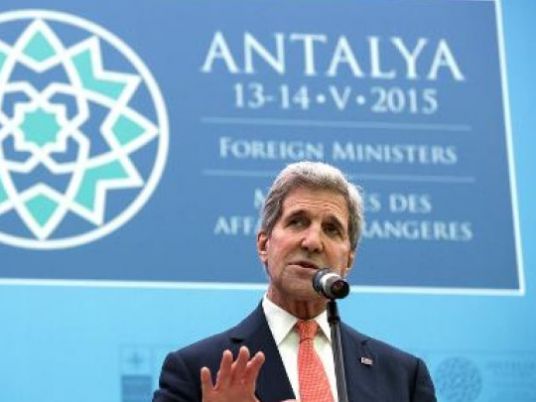
The United States will pre-position tanks, artillery and other military equipment in eastern and central Europe, US Defense Secretary Ash Carter announced on Tuesday, moving to reassure NATO allies unnerved by Russia's intervention in Ukraine.
Carter, during a trip to Tallinn, said the Baltic states – Estonia, Lithuania, Latvia — as well as Bulgaria, Romania and Poland agreed to host elements of this equipment. Some of the equipment would also be located in Germany.
After Russia annexed Ukraine's Crimea region last year, NATO leaders agreed to step up exercises and rotations of forces through NATO allies in eastern Europe as well as storing hardware there for use in an emergency.
The United States had not formally disclosed where in Europe the equipment would be stored but news reports about military planning triggered an angry response from Moscow ahead of Carter's trip to Europe this week.
Hybrid warfare
A Russian defence ministry official said stationing tanks and heavy weapons in NATO states on Russia's border would be the most aggressive US act since the Cold War.
President Vladimir Putin announced Russia would add more than 40 intercontinental ballistic missiles to its nuclear arsenal this year. Carter has condemned Russia's "loose rhetoric" involving nuclear arms.
A fact sheet provided by the US military said the United States' pre-positioning would include about 250 tanks, Bradley infantry fighting vehicles and self-propelled howitzers.
The amount of equipment that would be temporarily stored in each country would be enough to supply either a company, so enough for about 150 soldiers, or a battalion, or about 750 soldiers. Much of it is already in Europe, officials say.
Moscow denies providing troops or arms to pro-Russian separatists in eastern Ukraine. But neighbouring NATO countries, especially the Baltic states of Latvia, Lithuania and Estonia, which have Russian minorities, fear Russia could foment trouble on their territories.
US officials say Ukraine has illustrated the importance of being able to counter "hybrid warfare", the blend of unidentified troops, propaganda and economic pressure that the West says Russia has used there.
It also involves cyber warfare. Carter also announced plans on Tuesday to work with an Estonia-based NATO cyber centre to help allies develop cyber defence strategies and critical infrastructure protection planning.

